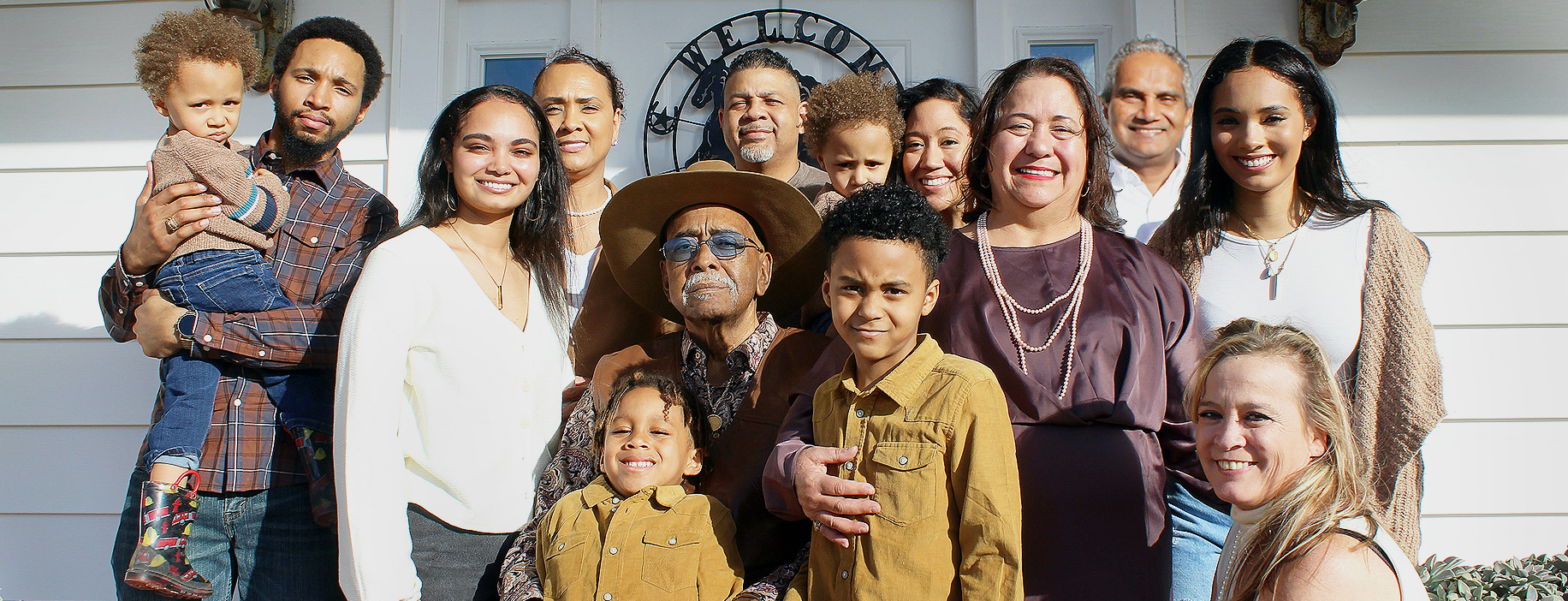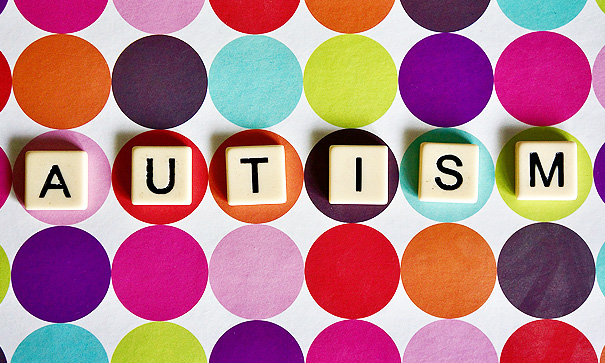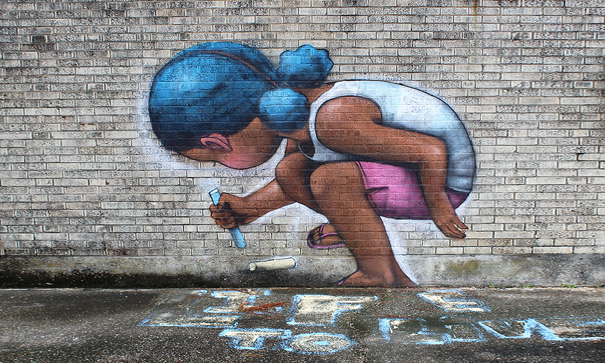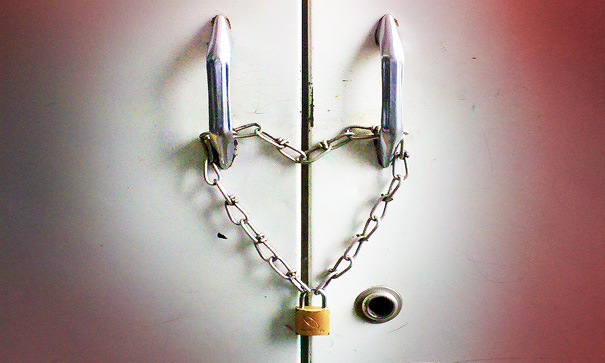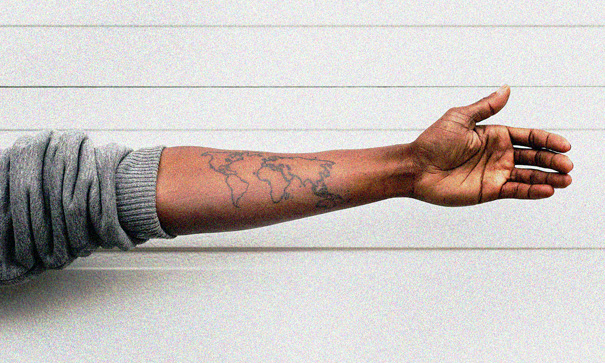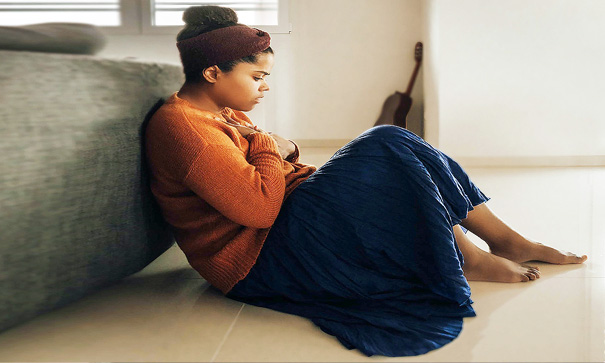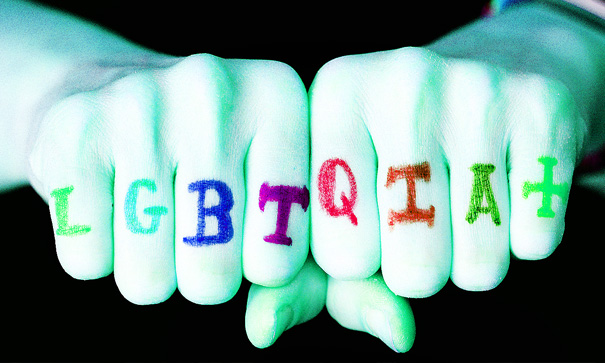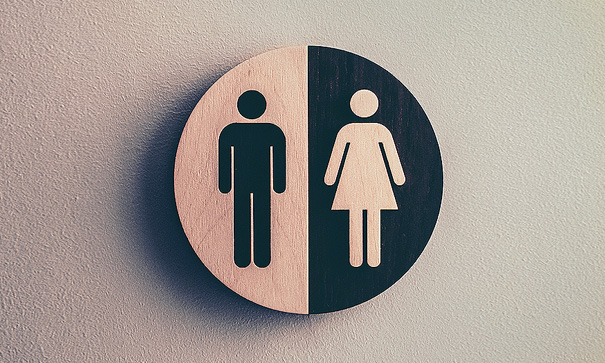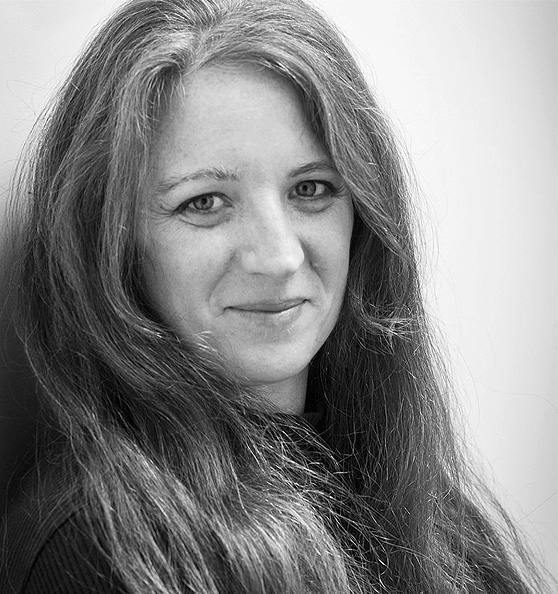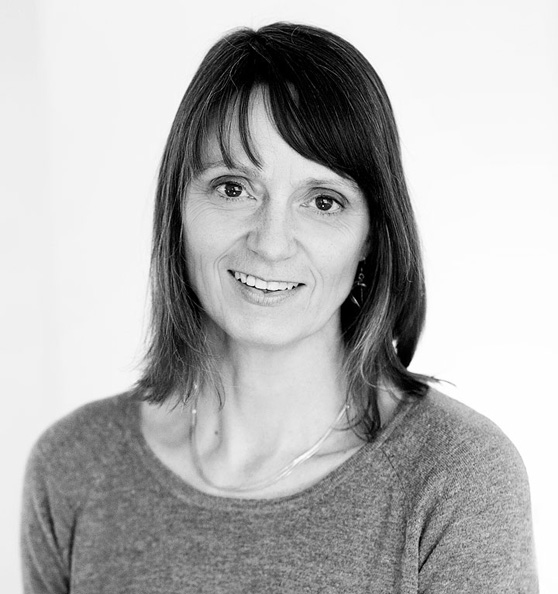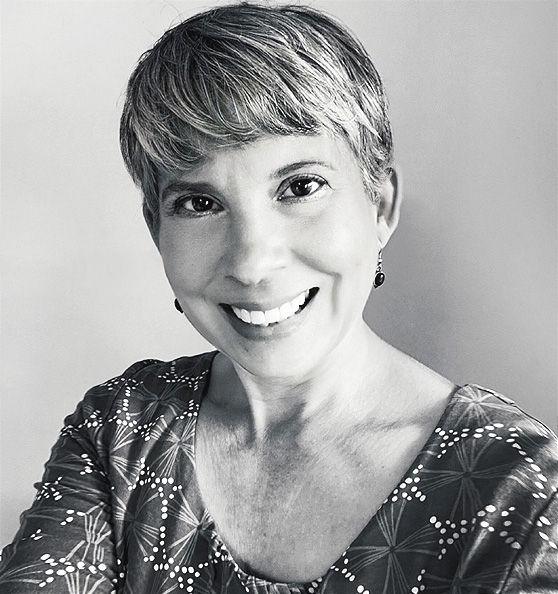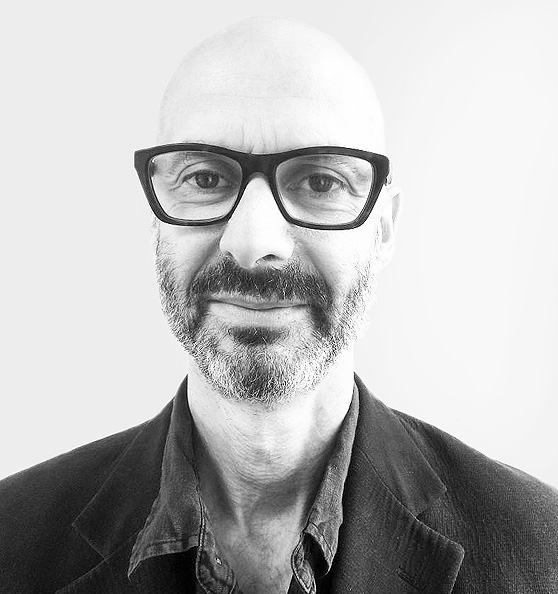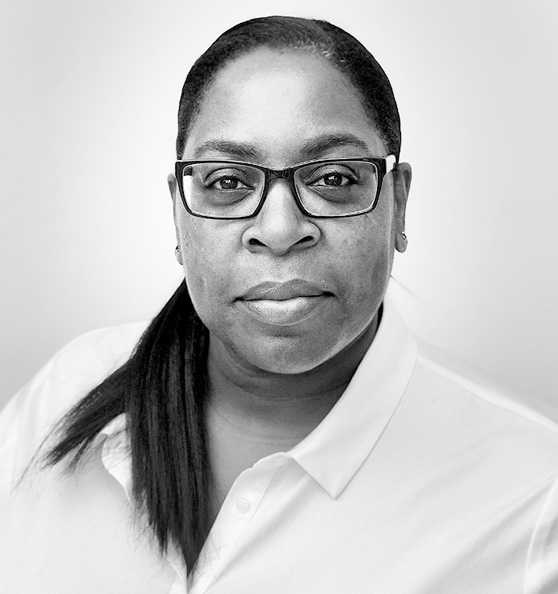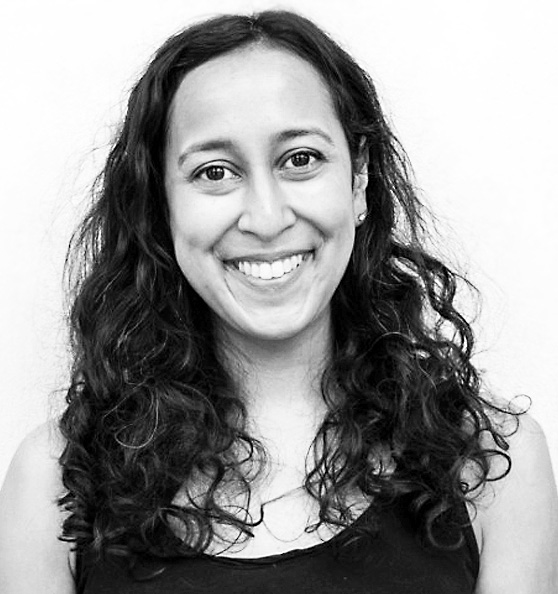Sometimes family therapy and counselling can be most effective when it works with the whole family, not just individuals. The inciting event might be related to one person whose issue affects the family (substance abuse and addiction or a mental health issue, for example) or it might be a family-wide situation such as the feelings of bereavement and grief over the death of a family member, relocation or interpersonal conflict within the family.
Family therapists work with the whole family to foster understanding between the members, build collaborative solution-finding strategies and improve the overall health of the family unit. It also gives families the chance to express and explore their feelings in a safe, non-judgemental environment
Counsellors often use concepts developed in systems therapy, which sees families as the original ‘system’ in which personal issues can develop.
When dealing with family therapy, sometimes a therapist will see individuals separately or in smaller groups, depending on the needs of your family, and therapy is usually short-term and goal-oriented. Family counselling might also be used as a complementary approach in addition to your individual therapy; a therapist might suggest that your whole family could benefit from a session or course of therapy as a unit.

